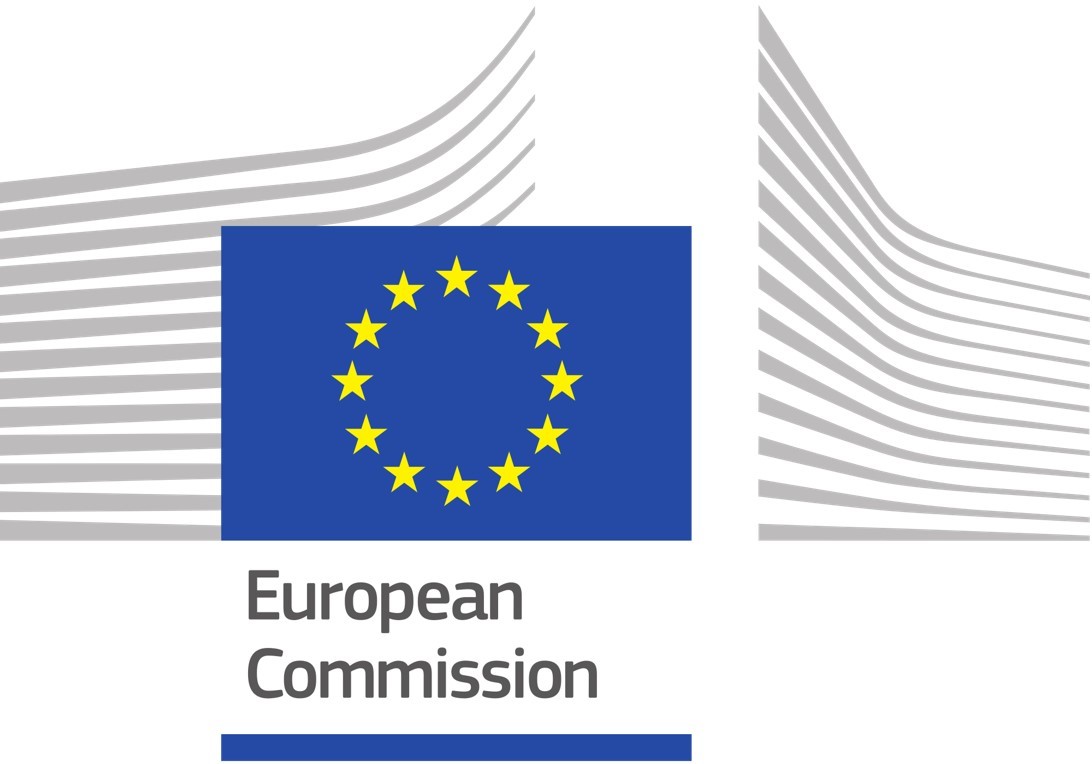
The sector has been dramatically hit by the economic consequences of COVID-19, and the forum (held online-only on June 16) focused on the short-term responses to COVID-19 and how the European Union Recovery Package including the Renovation Wave can support the construction ecosystem to recover, repair and emerge in healthy condition from the crisis.
Construction representatives, EU institutions and several member state governments that were represented, agreed on the need to use the full potential of the EU recovery fund instruments for a rapid recovery of the construction sector.
The EC stated that a number of key messages emerged from the discussions.
The Commission says that, while construction has always been cyclical, it is now facing an unprecedented crisis with a drop of activity of 50% in Q2, 25% estimated in Q3 and 12% expected in Q4. Participants confirmed that the consequences are financial distress and liquidity concerns, particularly for SMEs. Experiences shared by sector stakeholders highlighted the difficulties encountered in their supply chains and in coping with extra sanitary measures. However, the impact and expected recovery are uneven between member states – with some much more affected than others.
Participants agreed that, despite the crisis, the recovery and investing in the future of Europe's built environment could be turned into a win-win opportunity and support the long-term ambitions of a green, digital and resilient Europe. The Green Deal and the Renovation Wave, the Industrial Strategy and Circular Economy Action Plan, and the Next Generation EU Recovery Plan will together provide public investments and strategic direction towards these goals.
The EC says that such a recovery will require an integrated and holistic approach that brings together the whole construction sector ecosystem. During the meeting, stakeholders pointed out various aspects, such as the need for the proper skills to implement the Renovation Wave, paying attention to localised value chains and having a circular economy approach, the importance of ensuring that SMEs can access funding and assessing the needs of building users and their ability to pay rents.
A representative from the German Federal Government confirmed that construction would be one of the main focus areas of the German Presidency of the Council in the second semester of 2020. Germany intends to support the promotion of sustainability and circularity in buildings, construction products and the built environment.
Many more issues were discussed, and the EC says there is a clear need to continue working towards a continued dialogue that can strengthen resilience and support recovery – engaging the European Commission itself, member states and stakeholders. The Commission adds that such dialogue could also help speed up the delivery of the actions needed and include ongoing initiatives (such as the funding opportunities for the built environment and the assessment of national recovery plans in this respect, construction products regulation, and sustainable public procurement). The EC says it is currently preparing the future Renovation Wave initiative and it is inviting feedback and ideas from stakeholders via a public consultation.
The EC commented: "The presentations and speeches during the meeting gave a sense of the challenges we face and there is no doubt that we must come together for a chance to overcome them and build the environment Europeans need."








